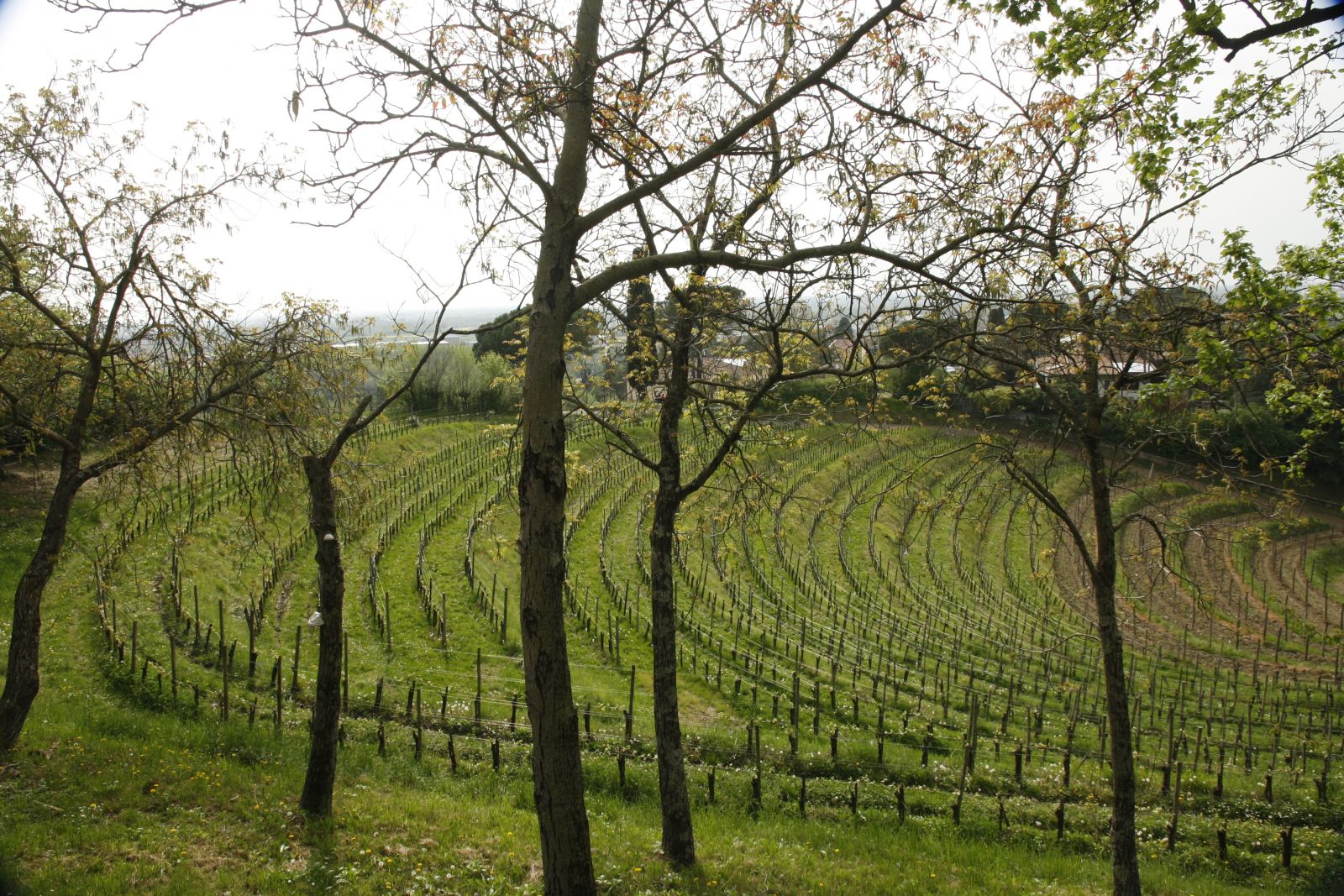Wine
A shallow layer of reddish earth covering mostly rocky ground and no surface water courses. These conditions, combined with its proximity to the sea and its sharp winds, make the Karst an ideal "terroir" for growing vines.
As a result of a well-balanced but contained area, characterized by a landscape that has changed little over the centuries, there are several high-quality wines that can boast the status of DOC Carso. To the fore are the native varieties, Vitovska, Malvasia, Teran and Glera, as well as Chardonnay, Sauvignon, Merlot and Refosco.
The wine called "Prosecco" takes its name from the locality in the Karst where the so-called wines "di Prosecco" were produced and were, with good reason, deemed wines of excellence throughout Europe.
The origins of the karst vines are extremely ancient, the wine called Pucino being praised back in Roman times by Pliny the Elder. In the Middle Ages and in later centuries, large quantities produced here were supplied to the rulers of the time, including the Doges of Venice and the Austrian Hapsburgs. With the passage of time and urban sprawl may hundreds of hectares of vineyards and even some native varieties have been lost, but the ancient traditions that have been handed down find ideal continuity and testimony in today's young winemakers who, with passion and care, are bringing many terraces back into cultivation, restoring the rugged lands of the Karst to their former glory.


